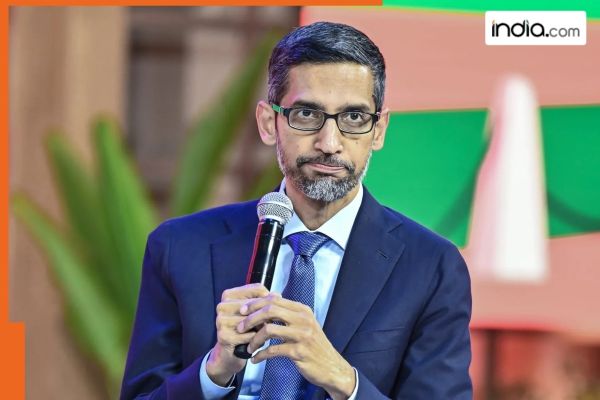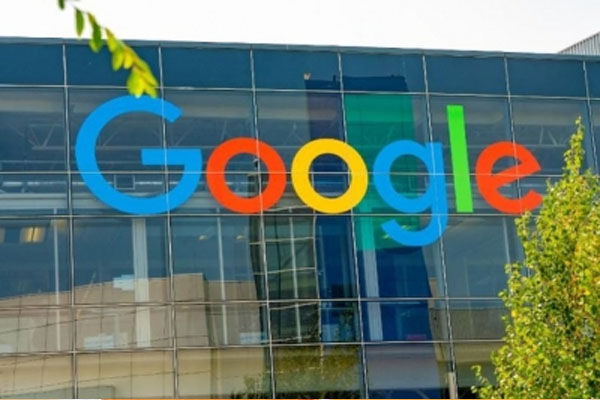
The US Supreme Court on Monday declined to shield Google from a year-old ruling that mandates a sweeping revamp of its Android app store to unleash greater competition in a market a jury found to be an illegal monopoly. In a brief one-line order the court’s refusal means Google must soon begin restructuring its Play Store the dominant marketplace for apps on Android devices which compete with Apple’s iPhone in the US. As part of the lower court’s directive issued by US District Judge James Donato last October Google is required to grant rivals access to its full catalog of Android apps and allow users to download these alternatives directly from the Play Store. What Was Google’s Arguments In Case? In a recent filing Google warned the Supreme Court that implementing Donato’s order could expose over 100 million US Play Store users to “significant security and safety risks” potentially enabling malicious or pirated apps to spread more easily. Google also said it faced an October 22 deadline to begin complying with the judges order if the Supreme Court didnt grant its request for a stay. The Mountain View California company was seeking the protection while pursuing a last-ditch attempt to overturn the December 2023 jury verdict that condemned the Play Store as an abusive monopoly. In a statement Google said it will continue its fight in the Supreme Court while submitting to what it believes is a problematic order. “The changes ordered by the US District Court will jeopardise users ability to safely download apps” Google warned. Google had been insulated from the order while trying to overturn it and the monopoly verdict but the Ninth Circuit Court of Appeals rejected that attempt in a decision issued two months ago. In its filing with the Supreme Court Google argued it was being unfairly turned into a supplier and distributor for would-be rivals. What Were Accusations Against Google? Donato concluded the digital walls shielding the Play Store from competition needed to be torn down to counteract a pattern of abusive behavior. The conduct had enabled Google to to reap billions of dollars in annual profits primarily from its exclusive control of a payment processing system that collected a 15-30 per cent fee on in-app transactions. Those commissions were the focal point of an antitrust lawsuit that video game maker Epic Games filed against Google in 2020 setting up a month-long trial in San Francisco federal court that culminated in the jurys monopoly verdict. Epic the maker of the Fortnite game lost a similar antitrust case targeting Apples iPhone app store. Even though US District Judge Yvonne Gonzalez-Rodgers concluded the iPhone app store wasnt an illegal monopoly she ordered Apple to begin allowing links to alternative payment systems as part of a shake-up that resulted in the company being held in civil contempt of court earlier this year. In a post Epic CEO Tim Sweeney applauded the Supreme Court for clearing the way for consumers to choose alternative app payment choices “without fees scare screens and friction.” Although the Play Store changes will likely dent Googles profit the company makes most of its money from a digital ad network thats anchored by its dominant search engine — the pillars of an internet empire that has been under attack on other legal fronts. (With Inputs From AP)
-
In the morning to remove the toxins that are stored in the blood, the ‘red juice consumption of red juice, with cholesteros- diabetes holes.

-
NPCI made a big change for UPI users, now make payment through face recognition or fingerprint, know when the rule will be implemented.

-
Vivo v60e launched in India with 50MP eye Auto-Focus Group Selfie Camera-Check Display, Battery, Price, and Availability | Technology news

-
IMC 2025: Organizing the Tech Mahakumbh! Prime Minister Modi inaugurated, these concepts with 5G-66 attention

-
Google’s preparation for big investment in India… Asia’s largest data center will make from $ 10 billion
